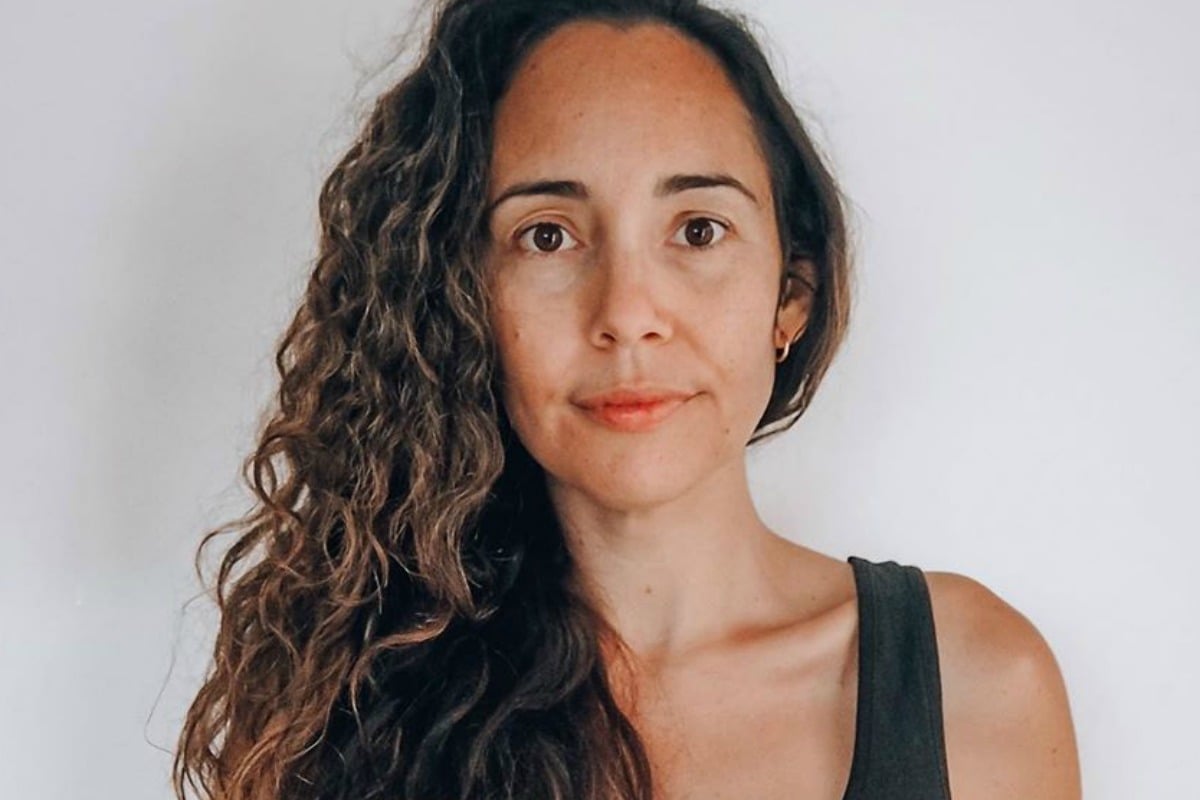
“Not long to go now love,” a stranger nodded towards my stretched-beyond-recognition belly when I was 41 weeks pregnant.
I smiled. That awkward smile where your eyes are screaming, “REALLY?? I HADN’T NOTICED.”
“Do you know what you’re having?” she continued.
“Yes, a little girl,” I replied.
“Oh how beautiful, well good luck love. The pain will all be worth it when she’s in your arms.”
And that was it. The stranger disappeared down the shopping aisle, genuinely believing she imparted some wisdom to me. As if the birth and all the pain was the big event and all I should be focusing on. Not a second thought given to how we were actually going to cope with that baby girl and how I would be supported into the biggest transition of my life.
Watch: Things pregnant people never say. Post continues below.
It’s hardly her fault. As a society we attend antenatal classes, practice changing nappies on a doll, deck out the nursery, spend far too much on items we don’t actually need, fantasise over the cute photos we will take to announce our baby’s arrival, we scrub and clean the house because well, #nesting and maybe, if we’re really organised, we stock the freezer with slow cooker meals and lasagnas.


Top Comments
Where has the village gone?
It has gone because part of being in the village meant that you were in the village before you needed it. You were already helping those who needed help. Your parents helped out others and in return accepted help back.
You were given advice whether you wanted it or not, your situation was commented on, whether you liked it or not.
You accepted that as part of the village, your children would be chastised and disciplined by other members of the village; that when their sins were reported to you, you didn't tell other members to back off and mind their own business. That was just part of being in the village.
The village only operates by being a two way street, not the one way, my lane only, generation that has developed.
You want a village, start making your own around you; don't wait until you want to benefit from it.